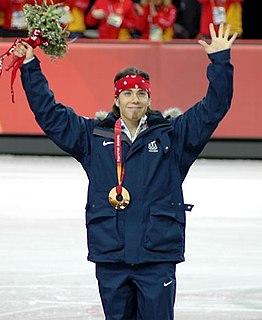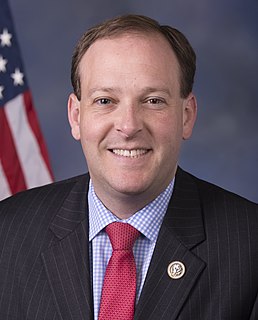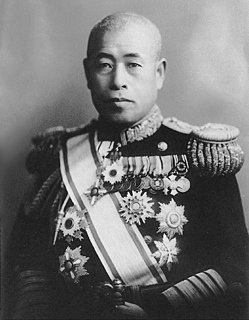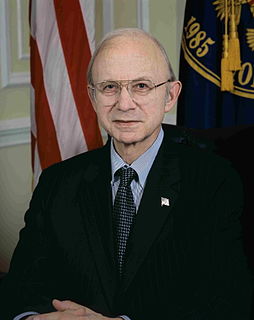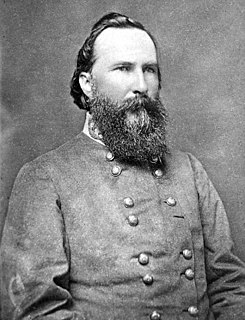A Quote by Douglas MacArthur
The President of the United States ordered me to break through the Japanese lines and proceed from Corregidor to Australia for the purpose, as I understand it, of organizing the American offensive against Japan, a primary objective of which is the relief of the Philippines. I came through and I shall return.
Related Quotes
Now, therefore, I, Gerald R. Ford, President of the United States, pursuant to the pardon power conferred upon me by Article II, Section 2, of the Constitution, have granted and by these presents do grant a full, free, and absolute pardon unto Richard Nixon for all offenses against the United States which he, Richard Nixon, has committed or may have committed or taken part in during the period from January 20, 1969 through August 9, 1974.
The worship of the nation has been able to make men tolerate under its authority what they could never have tolerated from princes: a submission to rule, which, through sumptuary laws on food and drink, through conscription, through a cast-iron system of compulsory instruction for all on State ordered lines, and through a State examination at the gate of every profession, has almost killed the citizen's power to react upon that which controls him, and has almost destroyed that variety which is the mark of life.
President Barack Obama couldn't bring everything into existence through Congress. Because from the day that he was elected president of the United States, the United States Congress, many of the Republicans met, and they declared that they would never allow his legislative program to succeed. And for eight years they fought him.



